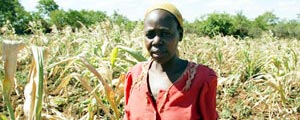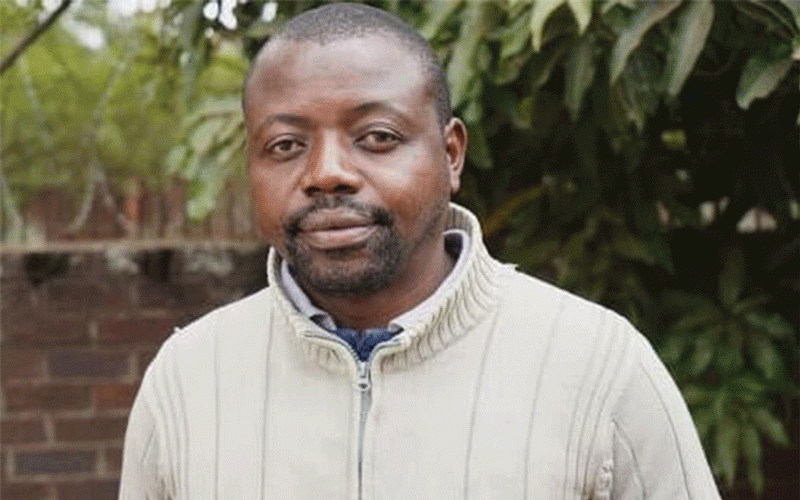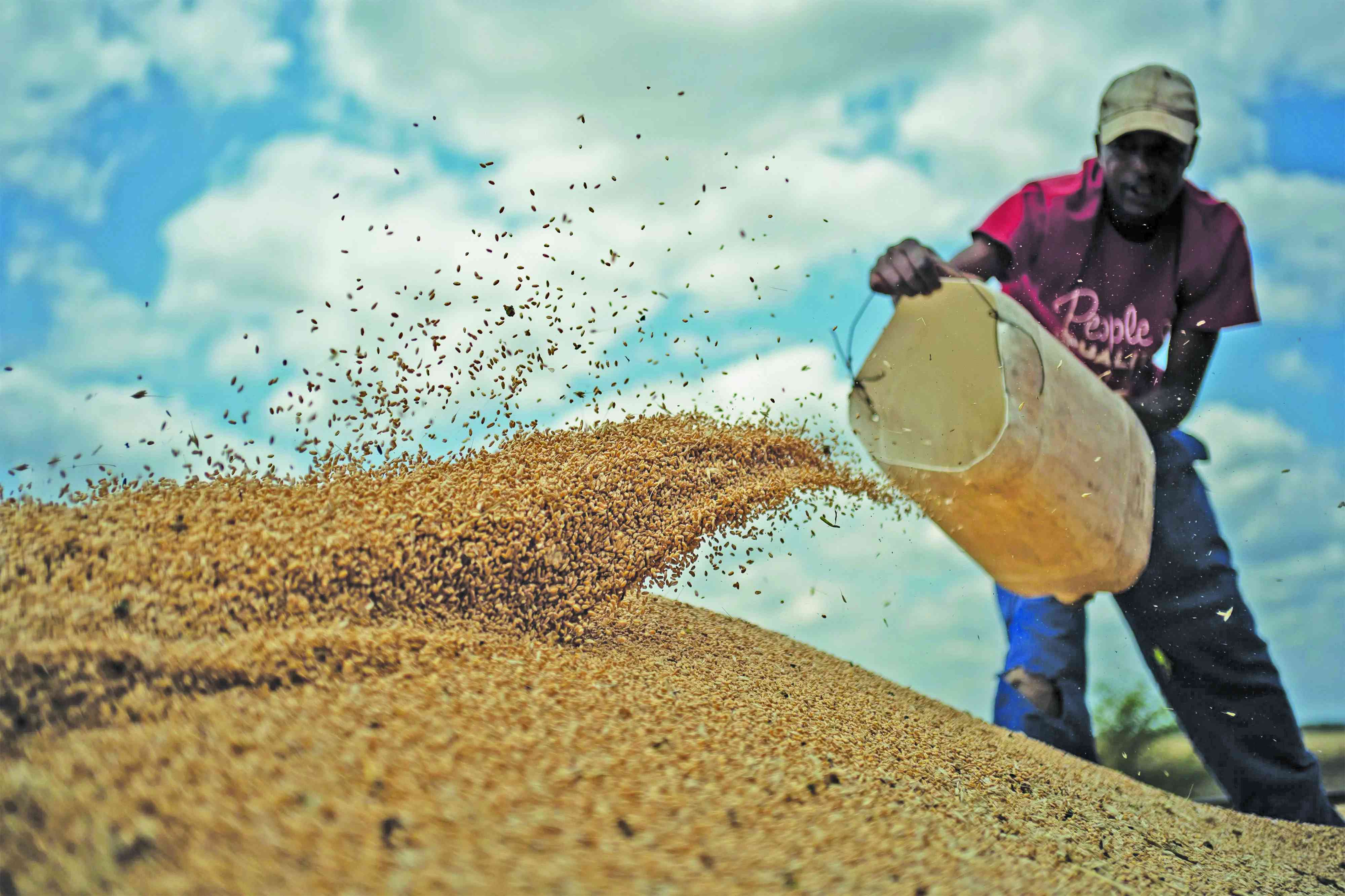
Recent reports that Phillip Kunaka, a resettled A2 farmer, committed suicide over a $130 000 Agribank debt not only makes sad reading, but it also points to one of the major flaws dogging resettled farmers — lack of business skills.
The government, various farmers’ unions and relevant stakeholders should ensure that these “farmers”, who were rushed onto vast tracts of farmland, are equipped with business skills to avoid both economic and personal disaster as in Kunaka’s case.
It should be borne in mind that most people were thrown onto those farms with no clue of tending even a small garden. They found themselves on vast tracts of land, thanks to political patronage by Zanu PF. But these people lack fundamental business skills and this does not augur well for both the “farmers” as individuals and the national economy.
The “farmers”, like the late Kunaka, have no clue about benchmarking — where they use resources to measure their performance against farm business.
This is not helped by the politics of patronage where season in season out they are given inputs they are never required to account for.
They become exposed when they are forced to do business activities commercially such as through debt financing to shore up their working capital. They then deal with banks and other financial institutions and to their horror they discover that these are not charity institutions.
It is the futile attempt to link business to farming that leads to tragic consequences. This is where basic business training for the farmers should be made distinct from farmer education if the government is serious about agriculture. Reality is that the people are already there on the farm and they must produce not only for themselves, but for the nation.
These people have no clue how to organise and manage farms, neither do they know the amount of resources they spend on the farms per season. Most do not have the faintest idea whether they are making profits or losses in an environment where politicians pamper them with inputs. It is only when they attempt to be seriously commercial that they are jolted into reality.
- Chamisa under fire over US$120K donation
- Mavhunga puts DeMbare into Chibuku quarterfinals
- Pension funds bet on Cabora Bassa oilfields
- Councils defy govt fire tender directive
Keep Reading
Most of these “farmers” never viewed farming as a business activity where planning for all activities and resources is a must.
They cannot market their produce and neither can they assess what the market wants — they just sow and reap.
The result is individual tragedy as in the case of Kunaka and national tragedy as in the case with this country that has been turned into a basket case.
The government and relevant farming organisations should seriously consider teaching them farming and business skills so that they can link the two for the sake of the nation.











